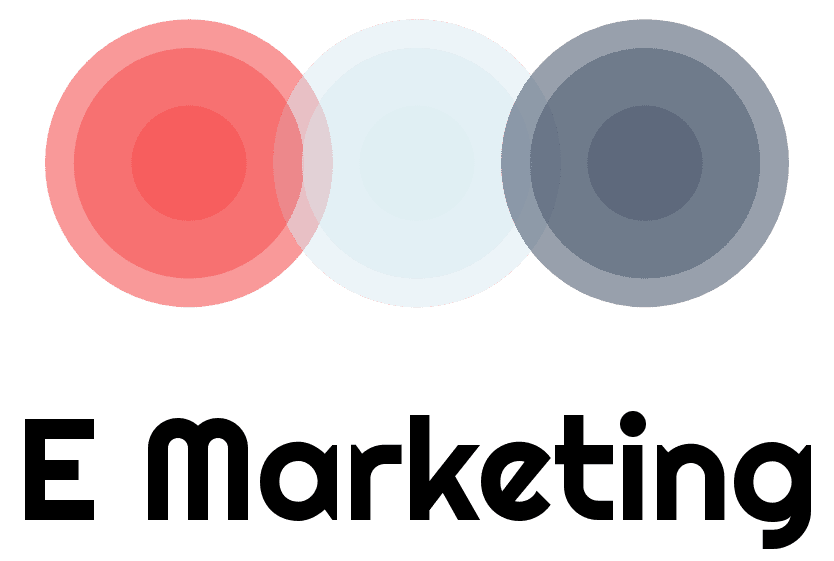Marketing research is the practice of collecting consumer insights in order to make informed business decisions. Marketing research helps businesses create products that appeal to consumers while simultaneously maintaining competitive advantages in their marketplaces.
Without market research, businesses risk missing growth opportunities and losing current customers to competitors who place more value on them. By conducting market research on your target customer segmentation and answering why questions about them, market researchers help businesses form stronger bonds with them and develop lasting customer relationships.
Problem Definition
Market research is the practice of gathering data in order to gain insight into target demographics and consumers. This data can then be used to assess current products, services or marketing initiatives as well as guide future business decisions. Before beginning market research, marketers must clearly define the issue at hand – otherwise researchers risk spending their time or energy on something irrelevant for meeting goals.
One effective approach for defining a problem is using the five W’s: who, what, where, when and why. This allows researchers to narrow in on specific aspects of their study as well as provide them with an idea of which information may be required in order to resolve it.
Step two of conducting any study involves considering the questions and designs to be included in it. Your design choices will affect how and what data will be collected – for instance, will it be observational or experimental; will it take place in an uncontrolled setting like a store; will there be one-off snapshot data collection or will longitudinal studies be undertaken?
Once research questions are defined, it’s time to devise a plan for data collection. There are various techniques for gathering this information such as surveys, focus groups, interviews and analyzing customer feedback and behavioral patterns. Whichever approach is chosen for data gathering it’s important that all extraneous variables are kept under control – for instance when conducting an experiment on how department store checkout processes affect consumer loyalty they should account for location demographics time of day to prevent outside factors influencing results.
As it’s essential that marketing research be an ongoing process, as trends and consumer needs evolve so will the insights derived from it be used to update buyer personas, redesign products, enhance customer experiences, launch advertising campaigns and much more.
Research Methods
Market research can take many forms, from an easy questionnaire to in-depth interviews. The initial step in market research should be identifying your problem; this may range from reaching new audiences or assessing existing campaigns’ efficacy.
Step two is creating a research plan. At this point, you must decide between primary or secondary research as well as the type of data needed – this could range from survey questions to in-depth consumer interviews. Furthermore, you’ll need to think about how and when data will be gathered as well as its analysis.
Surveys are one of the most popular forms of primary market research, serving as an efficient and straightforward means of collecting large amounts of information from a diverse set of people quickly and effectively. They can be conducted online, by phone, mail or in-person; surveys may feature either multiple choice answers or open-ended inquiries.
Focus groups are an effective form of primary market research. A moderator, typically an internal researcher from a company, leads discussions among small groups of consumers regarding specific topics. Many businesses will hold several focus groups so as to get a balanced result and record each session for later analysis. The discussions can take place either face-to-face, over the phone or online and are generally videotaped for analysis purposes.
Some companies utilize field experiments as a method for validating their hypotheses in the real world, which can provide more accurate picture of markets or business environments. If a business wants to understand customer perception of its brand, for instance, they could ask several hundred consumers in one city to test out a new product and observe their reaction.
Researching their target markets, making informed decisions about new products or services and strengthening relationships with current and potential clients are all among the many benefits of market research for businesses. A company looking to launch a new service might conduct market research to ascertain how much their target audience is willing to pay and which features would make the service appealing to them.
Data Collection
Data collection refers to the process of collecting, measuring and analyzing accurate information in an organized fashion in order to address research questions, test hypotheses, evaluate outcomes and forecast trends and probabilities. Data collection is an integral component of scientific or business investigations as it allows one to make informed decisions and validate hypotheses. Furthermore, collecting facts and figures plays a key role in developing successful strategies; data is at the core of creating successful courses of action.
Marketing research seeks to gain an insight into consumers’ needs and preferences so that brands can design products or services that appeal to these individuals while creating positive experiences for them. In order to obtain accurate information, marketers must first identify appropriate questions to ask; this involves both defining the issue at hand as well as setting clear, measurable goals for their research project.
Once goals have been set, the next step should be choosing an approach and data collection method that best suit the problem at hand. The type of data being gathered will also play a part in this decision; different forms of research require differing approaches when gathering quality information – for instance quantitative research typically relies heavily on numbers such as percentages and statistics, while qualitative research provides descriptions and opinions as its focus areas. Ideally marketers should employ both quantitative and qualitative data collection techniques together for maximum comprehensive results.
One effective method for gathering data is through online survey tools, which provide instantaneous quantitative information and offer an instant snapshot of your market – its demographics and competitors alike. While this data collection method provides valuable snapshots, be mindful of any limitations involved with its usage.
For maximum accuracy and reliable results, recruiting a representative sample from your target audience can be the key to getting accurate and trustworthy findings. Although this can be challenging, it’s vital for validating findings and making sound business decisions.
Analysis
Utilizing the data gathered during your research, you can utilize its analysis to gain more insights into your target market and consumers. With this knowledge in hand, you can craft more effective marketing strategies and products that will attract new customers and further advance your business growth.
Analysis of marketing research can be time consuming, particularly if you’re gathering and analyzing information from multiple sources – be they surveys, interviews, observations or focus groups – but the time invested will yield clear, accurate and impartial data that allows you to make sound decisions regarding how best to position your product or service in the market.
Marketing research can help identify trends such as consumer preferences for specific types of products or how people perceive your brand. It can also assist with understanding how products or services are being utilized by users and what features people like or dislike about them, as well as any feedback people provide regarding specific features they appreciate or dislike about them. With its results in hand, marketing research can assist companies in creating more efficient offerings while improving user experiences and building brand recognition for themselves and their company.
An effective marketing research process can give your organization a competitive advantage in the market, but you must always remain diligent to stay one step ahead of competitors. With marketing environments constantly shifting and changing, your strategy must adapt as necessary in order to remain ahead of rival companies.
One of the biggest mistakes businesses make when budgeting for marketing research is cutting their budget because it seems expensive. If you take an intelligent approach and follow certain steps, however, you can cut costs while still gathering important insights that help your market succeed.
First step of marketing research should always be deciding what it is you’re hoping to learn, then selecting an appropriate method of data collection. You must determine if your research is exploratory or specific; qualitative or quantitative; exploratory or targeted data will need to be collected; additionally it needs to be decided whether primary research will be conducted directly by yourself or whether preexisting data already published by others will suffice.



